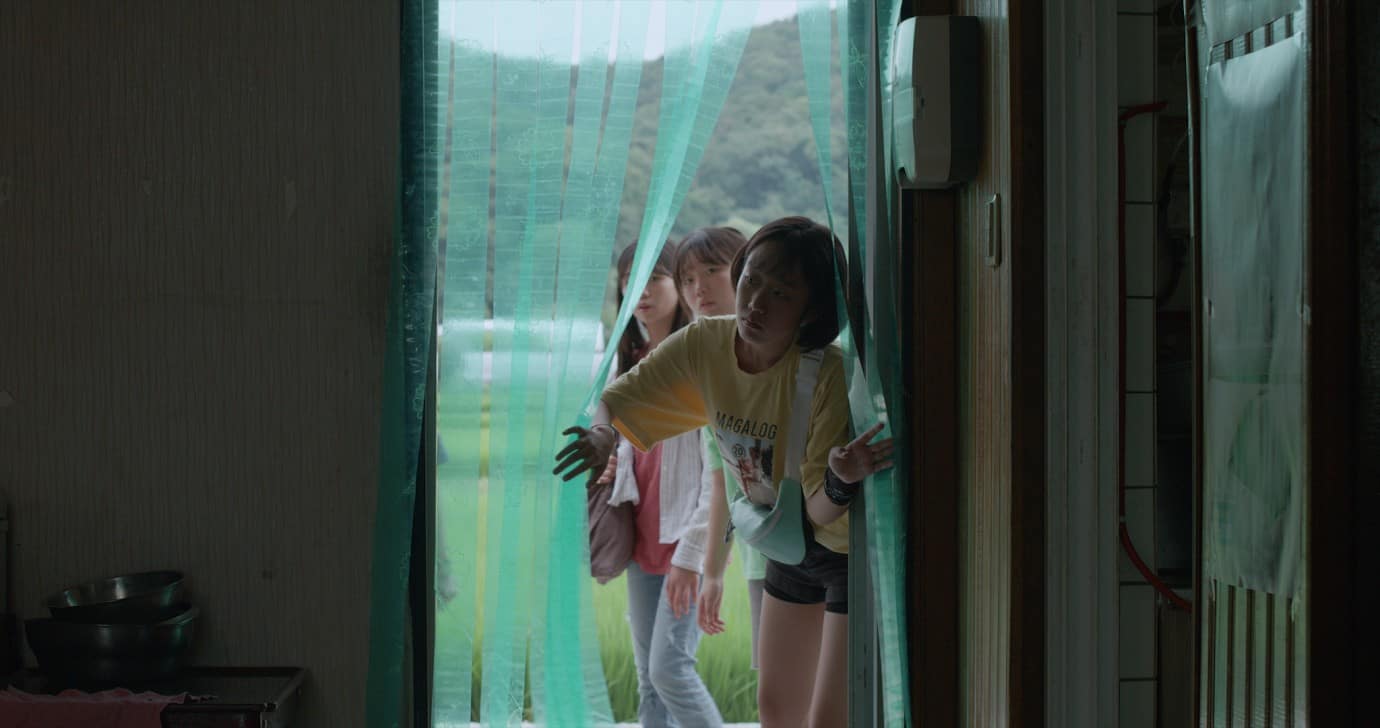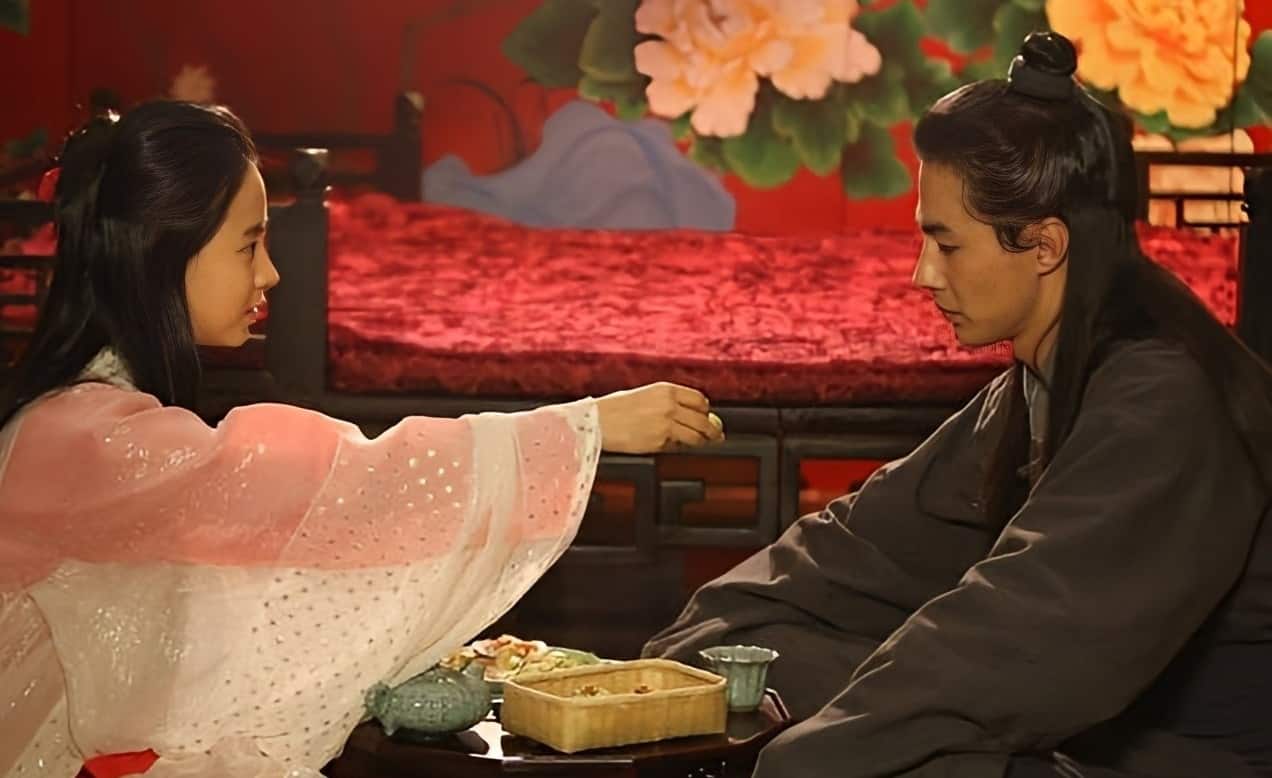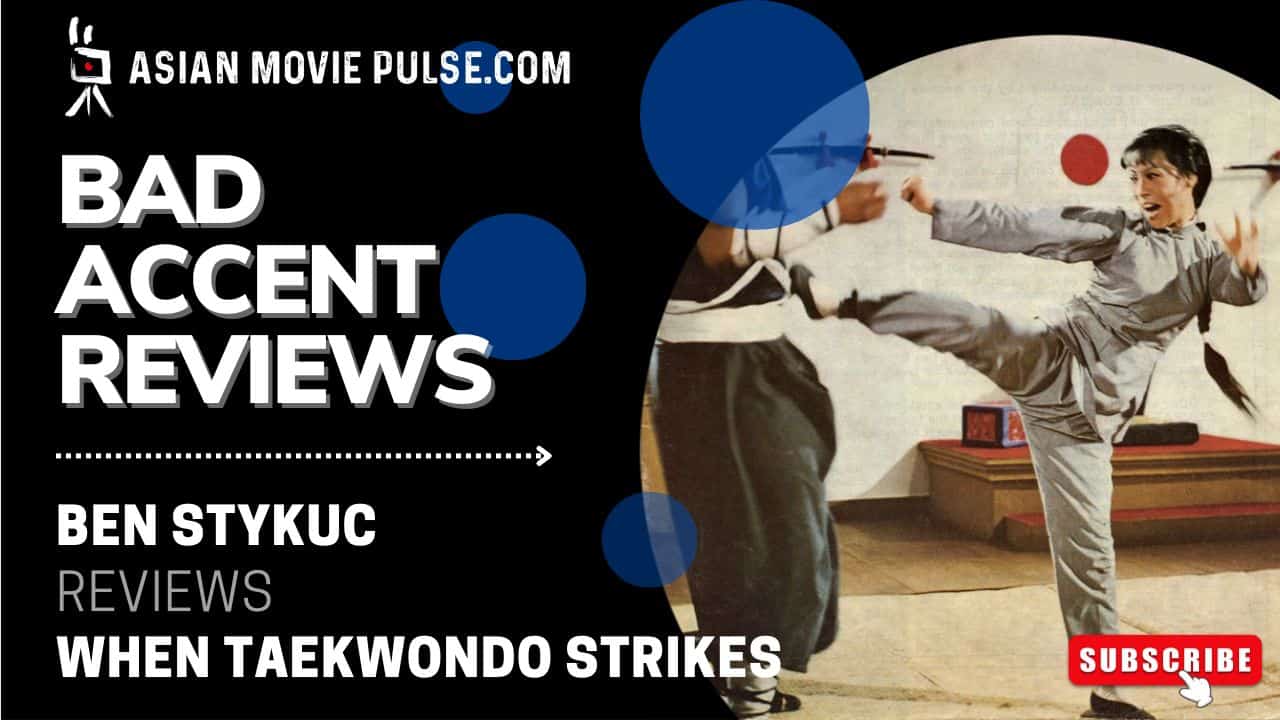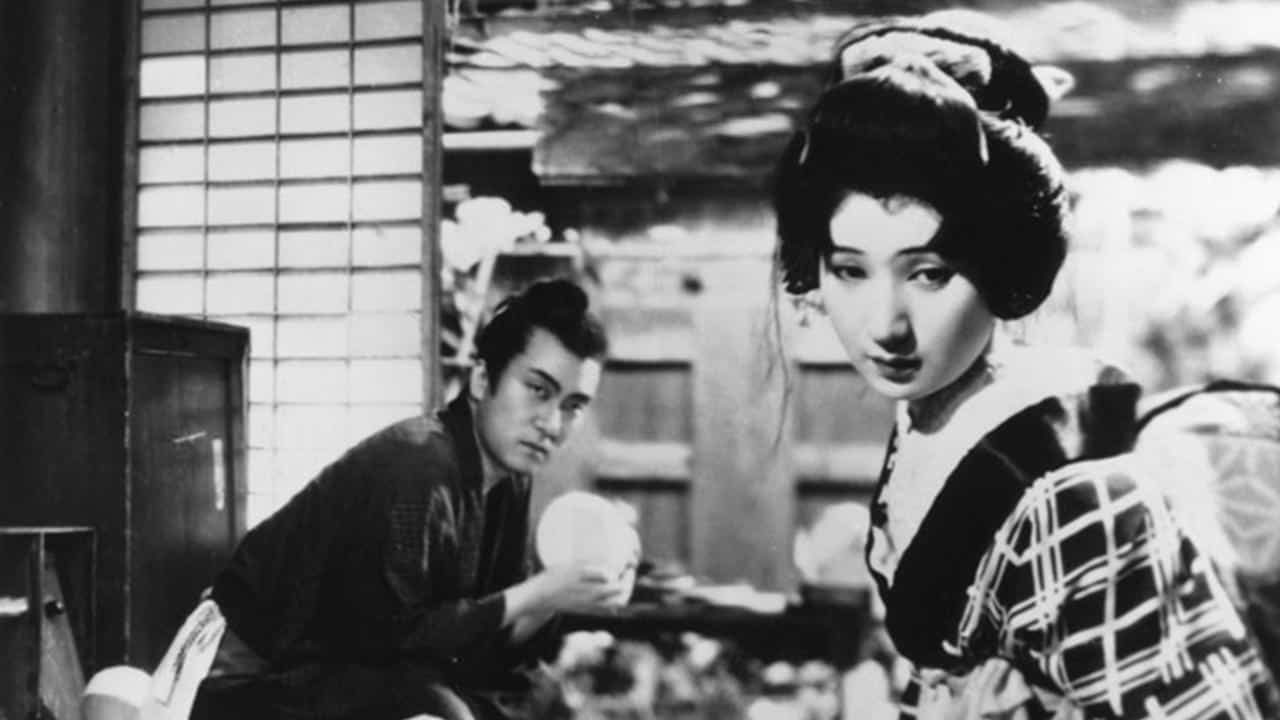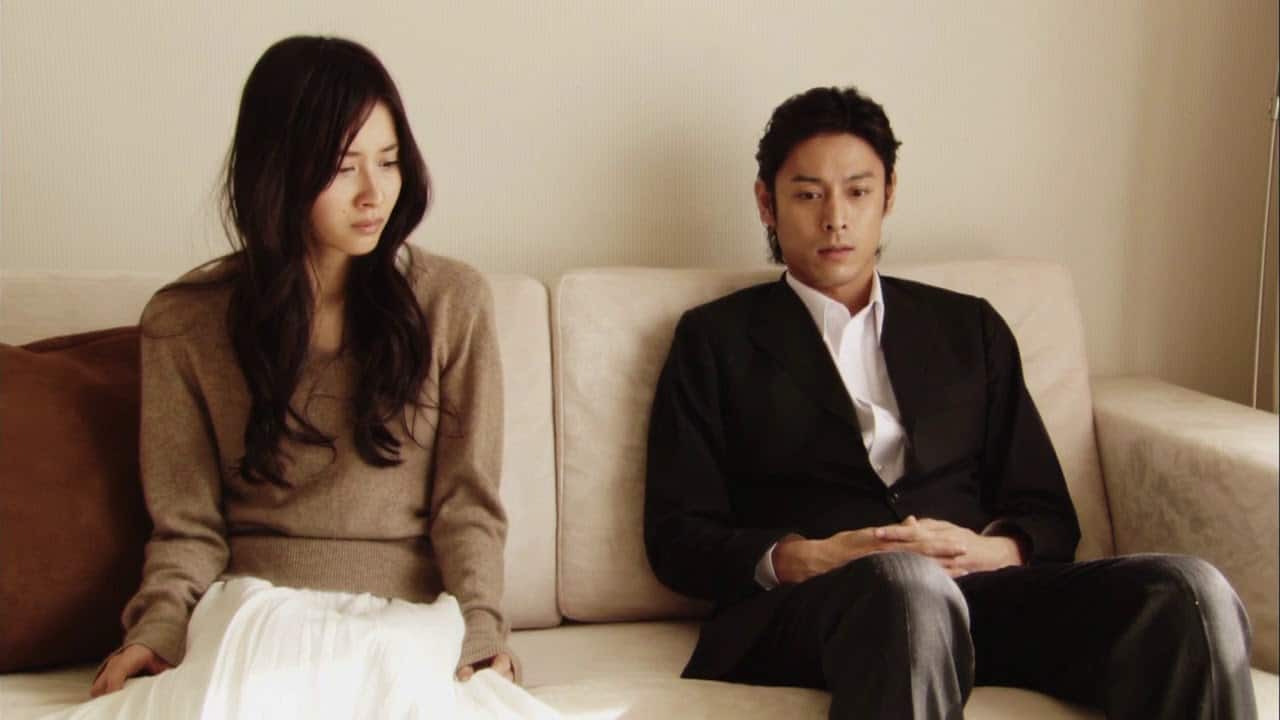The concept of a protagonist (or many on occasion) waking up and realizing that something terrible has happened, has been a prevalent one in both cinema (usually associated with some kind of intoxication) and literature. Jeong You-jeong presents his own version of the “trick” in a labyrinth tale of self-discovery that moves towards rather surprising paths.
Buy This Title
Yu-jin used to be a model student, a successful athlete and a good son. But one day, he wakes up covered in blood, and soon discovers that there are no signs of someone breaking in, while there is a body downstairs. A phone call by his brother, Hae-jin, asking if everything is alright at home, after he missed a phone call from their mother in the middle of the night, makes Yu-jin even more worried, and soon realizes that the body is actually hers. Having suffered from seizures for most of his life, Yu-jin always had issues with his memory, and this time, he cannot remember a thing about last night. His three day search that follows brings him face to face with the events, his past, his own identity, and eventually his brother and the police.
The way Jeong You-jeong builds the story, and essentially Yu-jin and his relationship with his family is truly intricate and artful, essentially retaining interest for the whole of the 309 pages of the novel, through carefully placed twists, that gradually reveal facts, but also pose more questions about what exactly is happening. At the same time, the sense of disorientation regarding what is reality, what is Yu-jin's imagination, and what exactly is the role of his mother, his psychiatrist aunt and his brother, works exceptionally well for the narrative, gradually revealing that something is wrong with the protagonist but also retaining a sense that the people around him are not exactly stable themselves.
The overall examination of the concept of memory and how the mind works, and eventually those of family and particularly motherhood, emerge as the main comments here, with Jeong highlighting them through an approach that shows both contextual depth and offers entertainment, particularly through the rather chilling description of the various crimes. .
Furthermore, the presentation of the key moments, like the discovery of the journal, his urges, and the gradual revelation of “the incident” are also ideal, resulting in a book where the agony soars from beginning to end, maybe just with a brief exception in the middle when Yu-jin goes outside the house, and the ending, that is a bit too Hollywood, particularly when compared with the rest of the narrative.
A number of additional narrative elements could be analyzed about the book, but considering its nature, that bases a lot on the plot twists and the element of surprise, I will stop here.
Jeong uses mostly first person, in order to show Yu-jin's thoughts, including, however, some well desired moments of dialogue, and the diary entries, which are again in first person, but from another perspective. The result, in combination with the simple language, mostly including short sentences, is a rather easy to read novel, which also adds to the entertainment it offers.
“The Good Son” is a great psycho/crime thriller, and one of those books that is essentially ready to become a movie.




